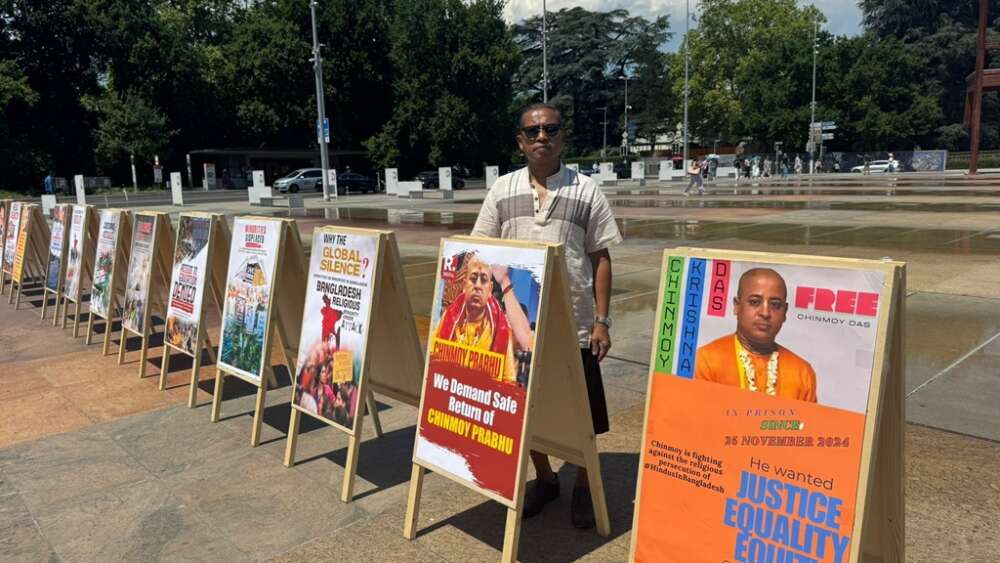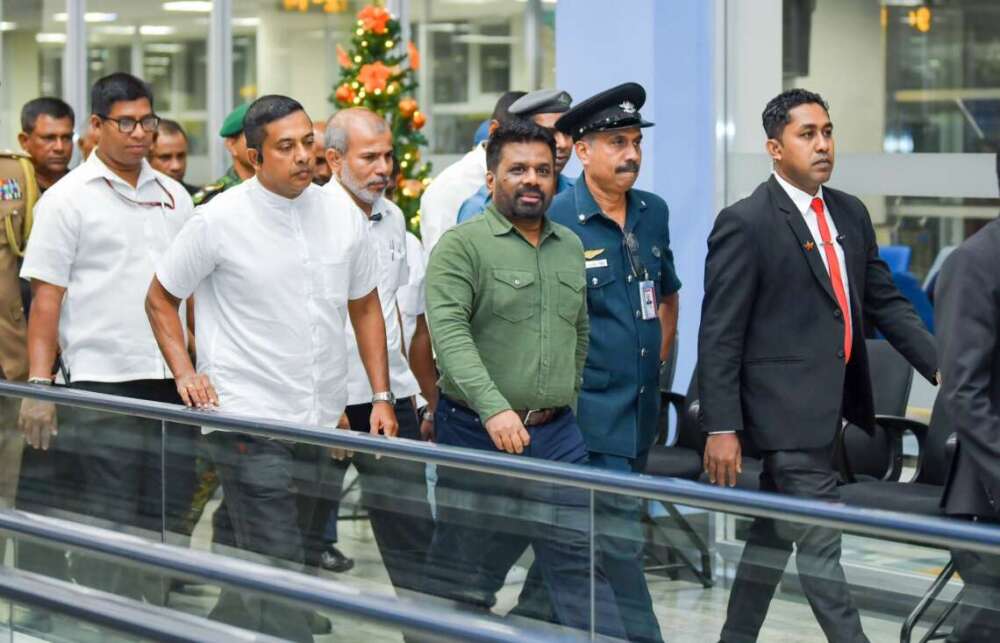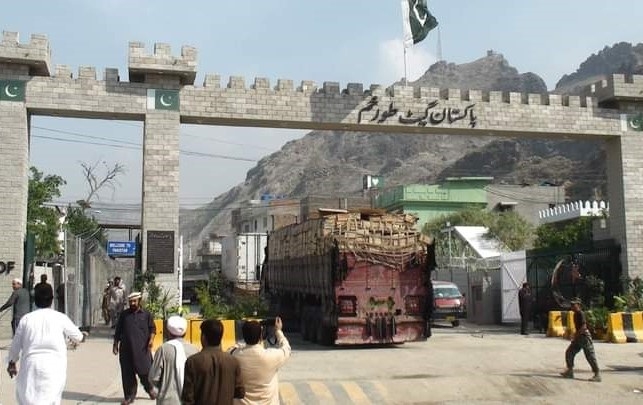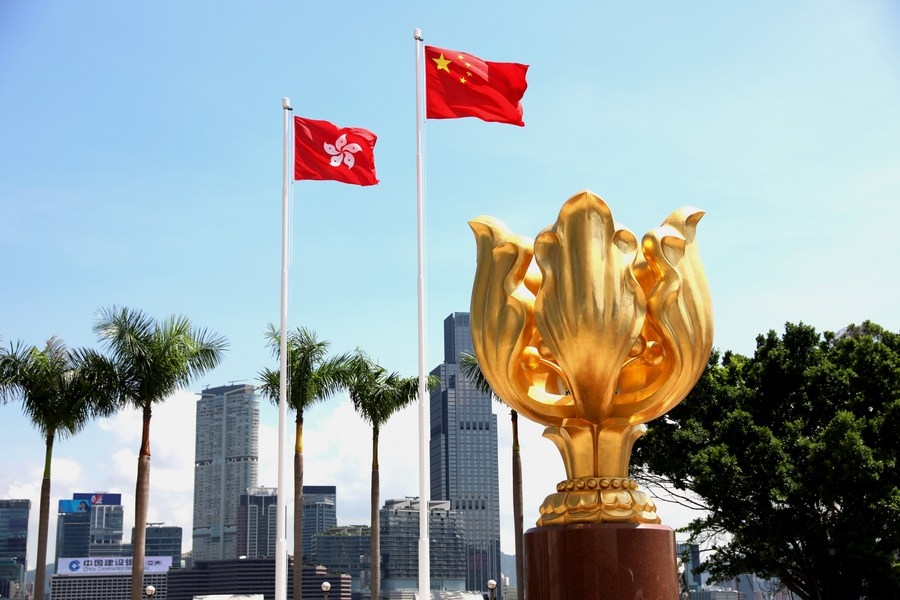Unemployment, improper road infrastructure, poor connectivity, lack of access to clean water and hygiene, exorbitant energy bills, and high food inflation are some of the major issues that people in Pakistan-controlled Kashmir and Gilgit-Baltistan have been dealing with
Four people were killed and over a hundred were injured for seeking affordable electricity and food in Pakistan-controlled Kashmir have highlighted the grim situation of poor governance and ill-treatment by the Islamabad government. These people had asked for their basic rights such as access to wheat and electricity at a fair price. But the Islamabad government instead used violence against them.
There have been a number of similar incidences in the recent past, which showed how the people from the backward regions of Kashmir and Gilgit-Baltistan were denied basic and constitutional rights. They have been subjected to discrimination when it came to the distribution of equity, resources and benefits among different provinces. “This is not Azad (free) Kashmir. For us, it is azab (weird) Kashmir,” said one Kashmiri living in Pakistan-controlled Kashmir.
In the recent case of brutal police action, the ill-fated people from Kashmir were just demanding a reduction in exorbitant rates of wheat and electricity. The protests have been going on for over one year, which saw people expressing anger on different issues ranging from rising inflation to lack of development. This often led to the demand for autonomy.
The strong action by police authorities that led to the deaths and severe injuries has intensified the anger and protests in Pakistan-controlled Kashmir. “There is tension and anger in the air,” said Adil Hameed, a resident of Muzaffarabad. The principal opposition party Pakistan Tehreek-e-Insaf (PTI) condemned the “continuous harassment and violence against peaceful protesters” in Kashmir.
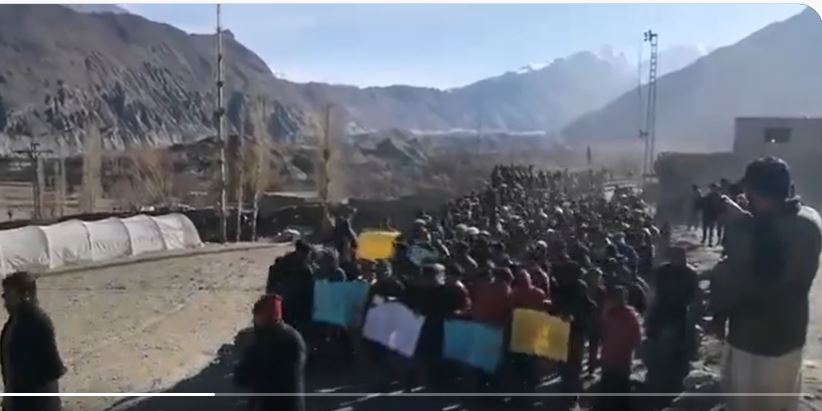
Taking umbrage at the repressive action, former President of Pakistan Dr Arif Alvi slammed the Prime Minister Shehbaz Sharif-led government saying the current dispensation believed and acted “on their rudimentary idea that: ‘Force is the only solution to all human problems’.” However, the injustice to the people of Pakistan-controlled Kashmir, which Islamabad call Azad Jammu & Kashmir (AJK), and Gilgit-Baltistan is not a recent phenomenon.
Every government overlooked the people from these backward areas and undermined their constitutional rights, said Sohail Akhtar, a visiting faculty at Islamabad-based National Defence University. Governments and mainstream political parties rather chose to fuel anti-India campaigns to divert attention or use force to quell protests and dissent.
Locals have blamed successive governments in Islamabad for discrimination and suppression. So they have been holding protests, which continued even in harsh winter. “No wheat, No electricity, No Rights; Testament to the oppressed and deprived life they are living in so-called Azad Kashmir!” said a Kashmiri named Fatima Dar.
The anger has been simmering for the past year and there had been a surge in the agitation in October 2023. Electricity charges and taxes in Kashmir and Gilgit-Baltistan are higher than the dominant provinces of Punjab and Sindh. “In a country where some people do not have a morsel of bread and some live a luxurious life at state expense, a bloody revolution is bound to occur,” an elderly member from Rawalkot had said.
Pakistan’s mainstream media and journalists slammed the governments for the discrimination and their inaction. They advocated that these people’s problems needed immediate attention and careful consideration. “These events serve as a stark reminder of the growing discontent among the public, primarily fuelled by skyrocketing electricity bills,” wrote The Nation newspaper. “Instead of responding to these protests with force, the government should seize this opportunity to engage in constructive dialogue.”
Unemployment, improper road infrastructure, poor connectivity, lack of access to clean water and hygiene, exorbitant energy bills, and high food inflation are some of the major issues that people in Pakistan-controlled Kashmir and Gilgit-Baltistan have been dealing with. The Islamabad government however chose to respond with retaliatory action whenever people demanded their issues be resolved. In 2021, batons and tear gas shells were used to control teachers and pensioners in Kashmir.
While the people of Kashmir and Gilgit-Baltistan did not get their rightful dues, their lands were given to non-local, aggravating their insecurity. ‘The Pakistani administration has been involved in efforts to alter the demographic profile of Pakistan-occupied Gilgit Baltistan, reducing the indigenous people to a minority,” said Abdul Hamid Khan, Chairman of the Balawaristan National Front.






